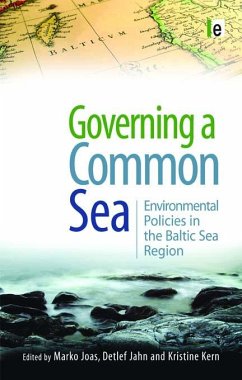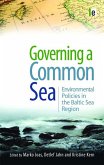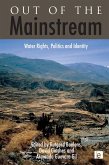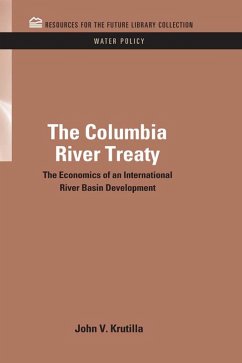¿This is a very welcome volume, and it will reach a large audience and readership among those involved in these issues from a truly multidisciplinary perspective; in essence, a much needed book!¿ Erik Bonsdorff, professor of marine biology at ¿bo Akademi University, Finland ¿This timely volume provides a thorough account of how the highly advanced industrial societies seek to govern and manage the Baltic Sea. The way they proceed, and the degree to which they succeed, provide valuable lessons for riparian states seeking to avoid tragedies of their commons.¿ Lennart J. Lundqvist, professor of environmental policy and administration, University of Gothenburg, Sweden How is a natural common pool resource such as a sea, which is shared by several countries, best governed? The potential for international conflict is immense, as each country may have different agendas with regard to issues such as exploitation and environmental protection. This book uses a case study of the Baltic Sea Region to examine this complex problem. The sea itself has been highly vulnerable to pollution and recently the bordering nations have begun to change their mode of cooperation to tackle this issue by establishing several new forums to manage the sea. Administrative and political structures developed in the region are reviewed and shown to provide a model that could be applied to other seas and natural resource systems elsewhere in the world.
Dieser Download kann aus rechtlichen Gründen nur mit Rechnungsadresse in A, B, BG, CY, CZ, D, DK, EW, E, FIN, F, GR, HR, H, IRL, I, LT, L, LR, M, NL, PL, P, R, S, SLO, SK ausgeliefert werden.









